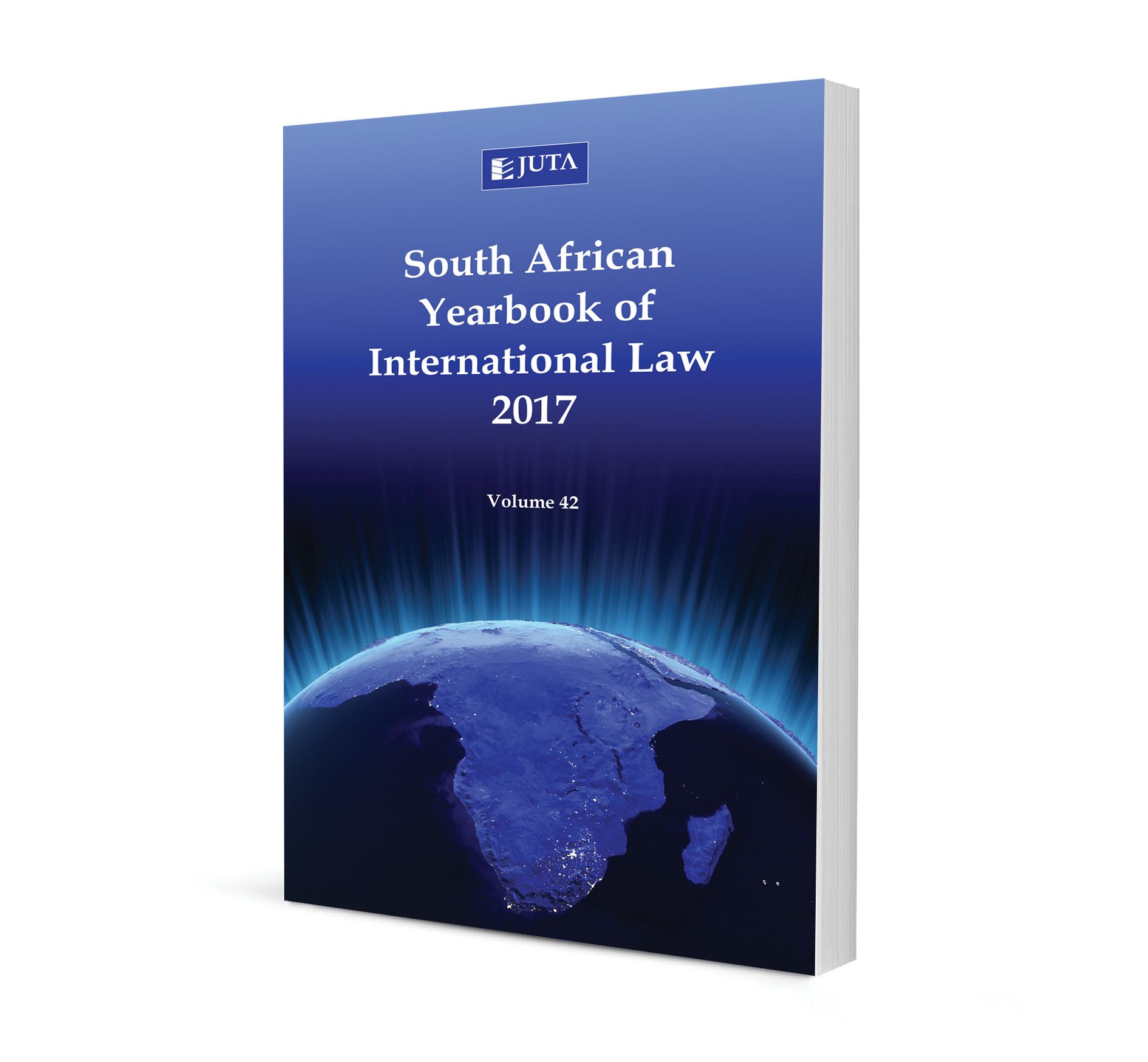Abstract
Armed opposition groups (‘AOGs’), as non-state parties to an armed conflict, are partial subjects of international law in that they have rights and obligations under international humanitarian law (IHL), international criminal law, and arguably under international human rights law (IHRL). Nevertheless, this notwithstanding, positive international law has not codified rules on the international responsibility of armed opposition groups as such, and there are no judicial mechanisms reviewing their conduct as collective entities. I argue here that despite the absence of written rules and judicial procedures engaging the responsibility of AOGs, there is a wide- ranging practice among states and international organisations to recognise and develop the concept of responsibility for armed opposition groups as such. However, it must be stressed that the detailed rules governing the consequences of such responsibility are not clear, and the analysed practice consists of non-judicial mechanisms. In the first part of this discussion, I argue that international law recognises the concept of the responsibility of AOGs notwithstanding its un-codified status. In the second part, I review selected accountability mechanisms which condemn the internationally unlawful conduct of AOGs. These institutions, which could be termed ‘mechanisms for the accountability of AOGs’ — reading accountability in the wider sense of responsibility — are likely to hold armed opposition groups accountable for their unlawful acts, albeit outside of the framework of judicial procedures binding AOGs. I here investigate effective, existing institutions involved in the responsibility of AOGs in positive international law, with a special regard to the current armed conflicts on the African continent involving AOGs such as Boko Haram, M23, Forces D\xc3\xa9mocratiques Alli\xc3\xa9es/Arm\xc3\xa9e Nationale de Liberation de l’Ouganda, le Mouvement pour l’Unification et le Jihad en Afrique de l’Ouest (‘MUJAO’) or Ansar Eddine, to mention only the principal players.
